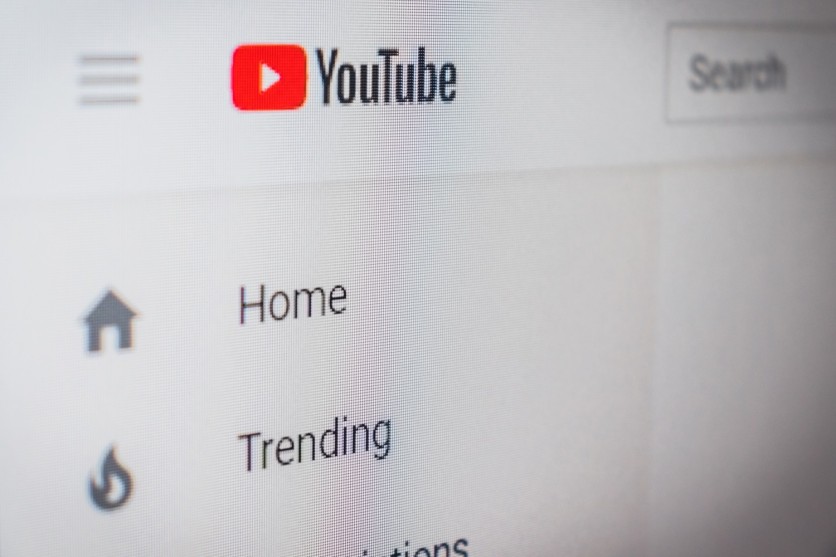
YouTube announced that it would be modifying the contentious language limits it adopted at the end of last year. According to TechCrunch, the company claims that its "stricter approach" was unintentionally created by the new restrictions.
In light of the policy modification, creators who use mild to severe profanity will no longer be at risk of seeing their content demonetized.
November 2022 Update
The initial policy, published last November, stated that any video containing profanity inside the first 15 seconds of the video would be flagged and rendered unsuitable for monetization. This suggested that YouTube would not run advertisements on such content.
Several creators said they lost their ability to make money as a consequence of the shift, which affected them retrospectively.
In January, YouTube said that it would be revising the new policies.
New Policy Revisions
TechCrunch reported that the new regulations do not take back the platform's prior policy. Nevertheless, YouTube is making certain tweaks that will make creators eligible for limited advertisements if they use severe profanity during the first few seconds of a video. The change in November 2022 would have prevented any ad revenue from being generated from such content.
The firm said that, beyond the first seven seconds, any level of profanity in a video is considered acceptable for monetization unless utilized repeatedly for the vast bulk of the clip. Again, the November 2022 modification would have resulted in these types of content receiving no ad income.
YouTube has said that it will re-evaluate the monetization of creators' content impacted by the policy change last November.
It has also been made clear that light or extreme profanity used in the video's background music, backing tracks, intro or outro soundtrack may now earn full ad income, as was previously unclear. Earlier, there would have been no advertising revenue for such material.
Furthermore, similar to how it was before the upgrade in November last year, videos with offensive language in the title or thumbnail will no longer be able to have advertisements shown on them.
Shift to YouTube's Objectives
Today marks the beginning of the new regulation in force. While the new policy is not perfect and leaves certain questions unanswered, it will likely make it simpler for a large percentage of creators to continue to generate revenue from their videos without having to make any substantial adjustments.
Attempts have been made over the last several months to retrofit new revenue regulations onto a site like YouTube, but this has proven to be a tricky balancing act. Yet, it is evident that YouTube is striving to make its huge collection of videos more age suitable and advertiser-friendly.

ⓒ 2026 TECHTIMES.com All rights reserved. Do not reproduce without permission.




